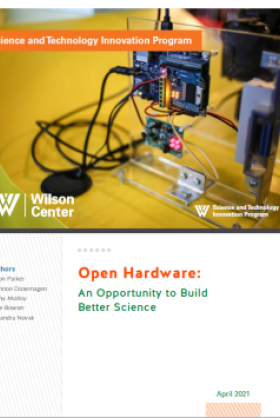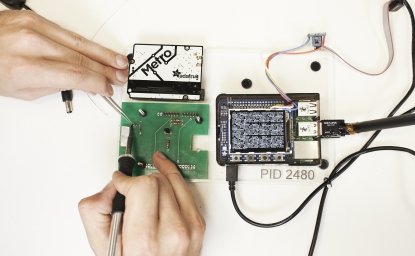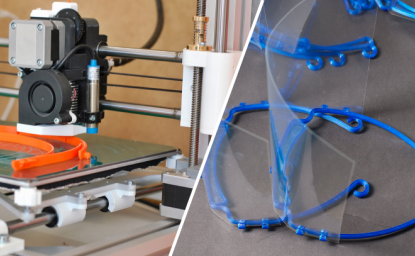Open Hardware: An Opportunity to Build Better Science


Today’s research infrastructure, including scientific hardware, is unevenly distributed in the scientific community, severely limiting collaboration, customization, and impact. Open hardware for science provides an alternative approach to reliance on expensive and proprietary instrumentation while giving “people the freedom to control their technology while sharing knowledge and encouraging commerce through the open exchange of design.”
Open hardware can be modified and recombined to build diverse libraries of tools that serve as a freely available resource for use across several disciplines. By improving access to tools, open hardware for science encourages collaboration, accelerates innovation, and improves scientific reproducibility and repeatability. Open hardware for science is often less expensive than proprietary equivalents, allowing research laboratories to stretch funding further. Beyond scientific research, open hardware has proven to benefit and impact a number of complementary policy priorities including: broadening public participation in science, accessible experiential STEM education, crisis response, and improving distributed manufacturing capabilities.
Because of recent, bipartisan progress in open science, the US government is well positioned to elevate and enhance the impact of open hardware in American science. By addressing key implementation challenges and prioritizing open hardware for science, we as a nation can build better infrastructure for future science, cement US scientific leadership and innovation, and help the US prepare for future crises. This report addresses the need to build a stronger foundation for science by prioritizing open hardware, describes the unique benefits of open hardware alongside complementary policy priorities, and briefly lays out implementation challenges to overcome.
Authors






Science and Technology Innovation Program
The Science and Technology Innovation Program (STIP) serves as the bridge between technologists, policymakers, industry, and global stakeholders. Read more

Explore More
Browse Insights & Analysis
Open Hardware Needs Policy Attention Now

THING Tank

Open Hardware supports US Industry, Jobs, and Public Wealth


